Site Selection
Choosing the right location for your floating deck is critical to its success. You'll want to select a site that is relatively level and free of any obstructions or hazards. Keep in mind that a floating deck may not be suitable for steeply sloped or uneven terrain, as it requires a stable foundation to prevent it from shifting or settling over time.
Material Choices
Another important consideration when installing a floating deck is the choice of materials. While a floating deck can be constructed from various materials, including wood, composite decking, and even concrete, each option has its pros and cons. For example, wood is a classic choice that offers a natural look and feel, but it requires regular maintenance to prevent rot and decay. Composite decking, on the other hand, is low-maintenance but can be more expensive upfront.
Design and Planning
Finally, careful planning and design are essential to the success of your floating deck. You'll need to determine the size and shape of your deck, as well as the height off the ground. You'll also need to consider factors such as weight capacity, footings, and any necessary permits or zoning requirements.
Final Touches
After considering the pros and cons of a floating deck, you should better understand whether it is the right choice for you. Here are some key takeaways to keep in mind:
- A floating deck is a great option if you want to save money on materials and construction costs and have more flexibility in terms of location and shape.
- However, a floating deck may require more frequent maintenance than a raised deck due to its proximity to the ground, and it may not be as sturdy or long-lasting as a fixed deck.
- Ultimately, the decision to build a floating or fixed deck will depend on your specific needs and preferences, as well as your budget and the conditions of your property.
If you do decide to build a floating deck, make sure to follow best practices for construction and maintenance to ensure its safety and longevity. This includes using high-quality materials, properly anchoring the deck to the ground, and regularly inspecting and repairing any damage or wear and tear. With proper care, a floating deck can be a beautiful and functional addition to your outdoor living space.
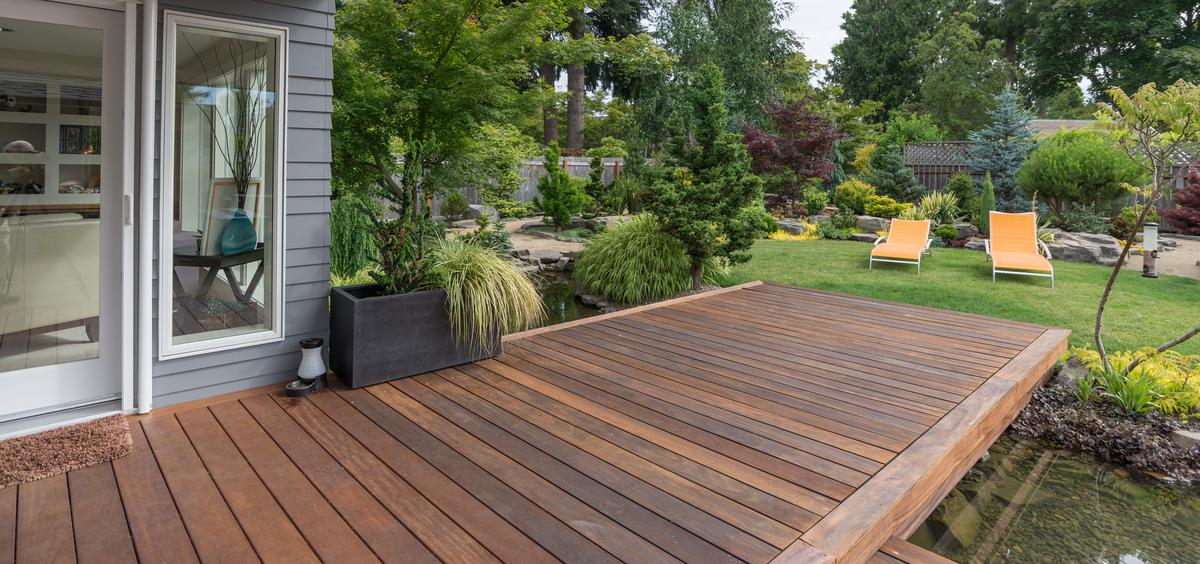
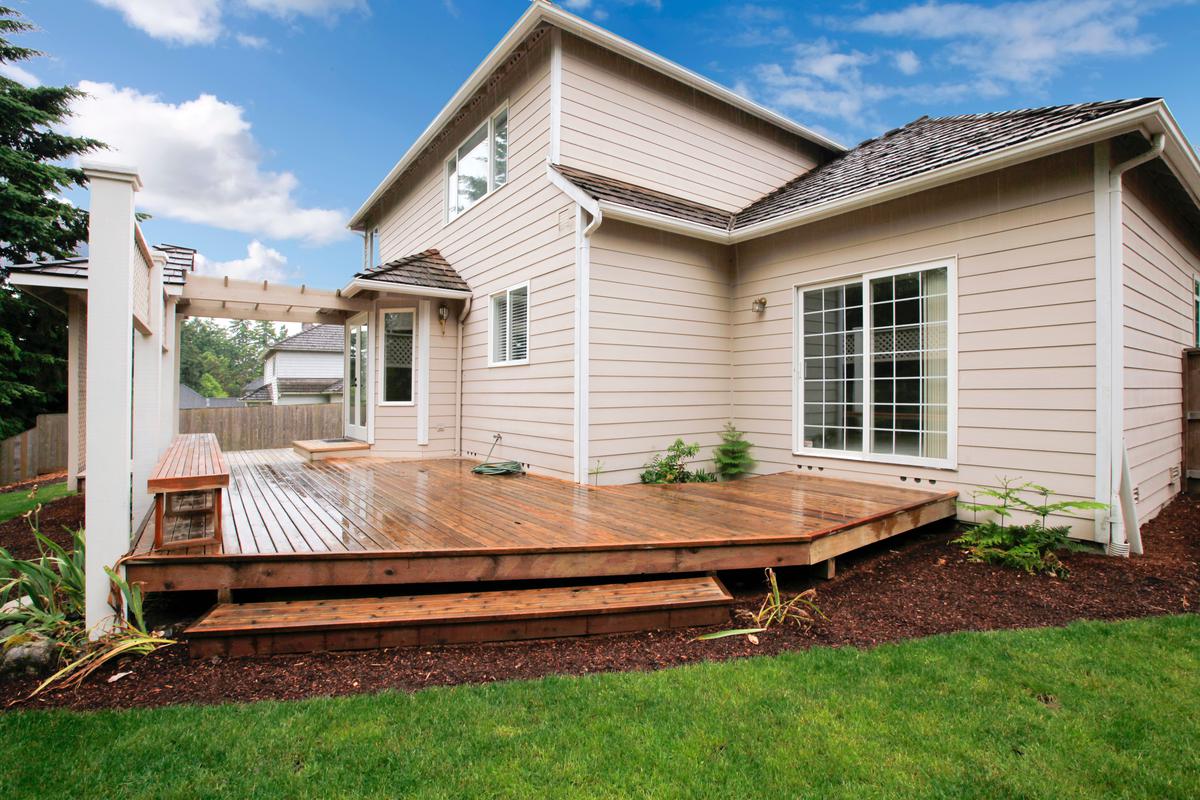
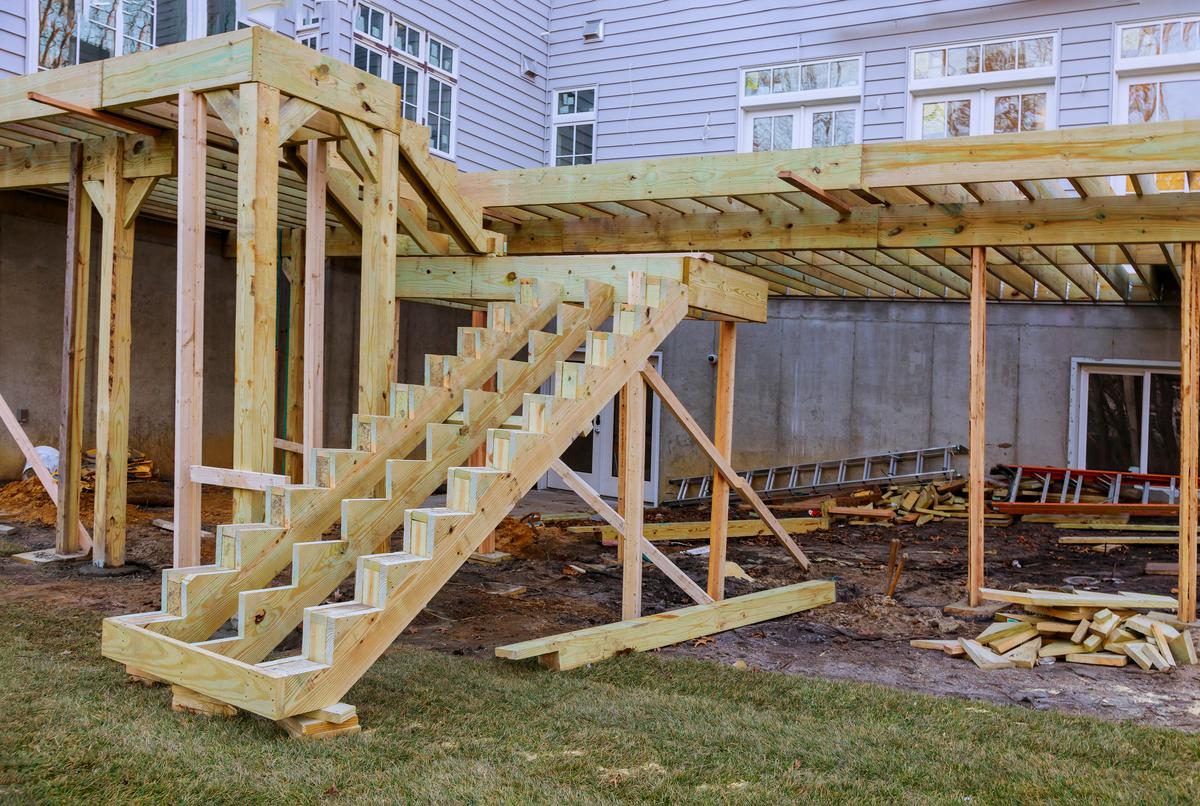
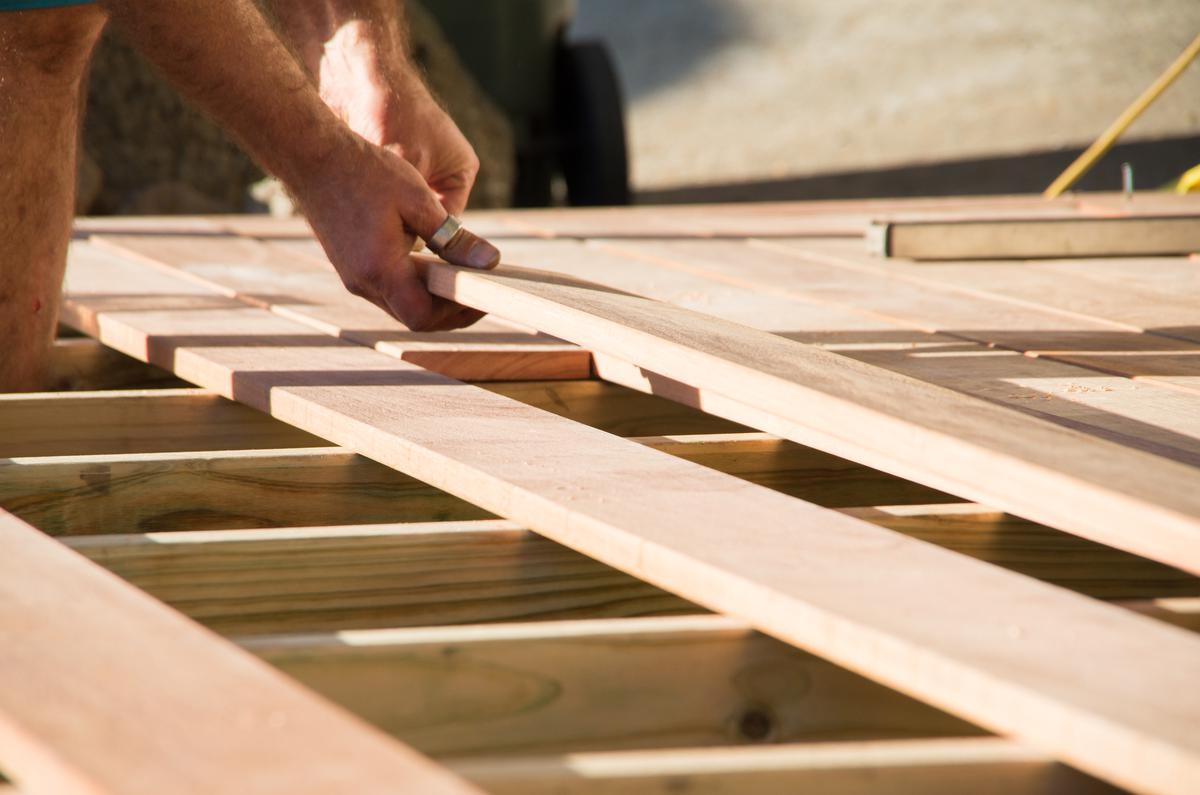

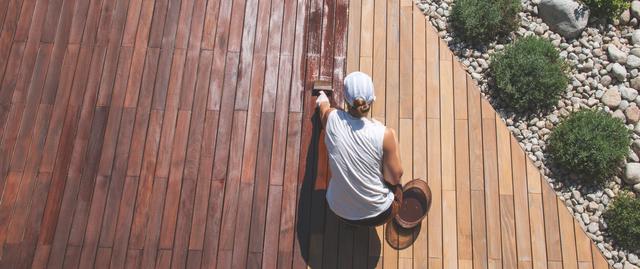


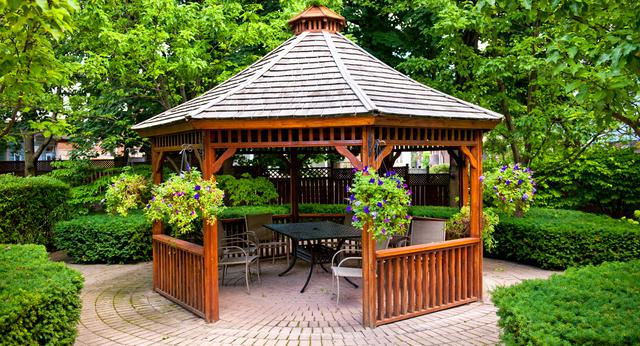
comments